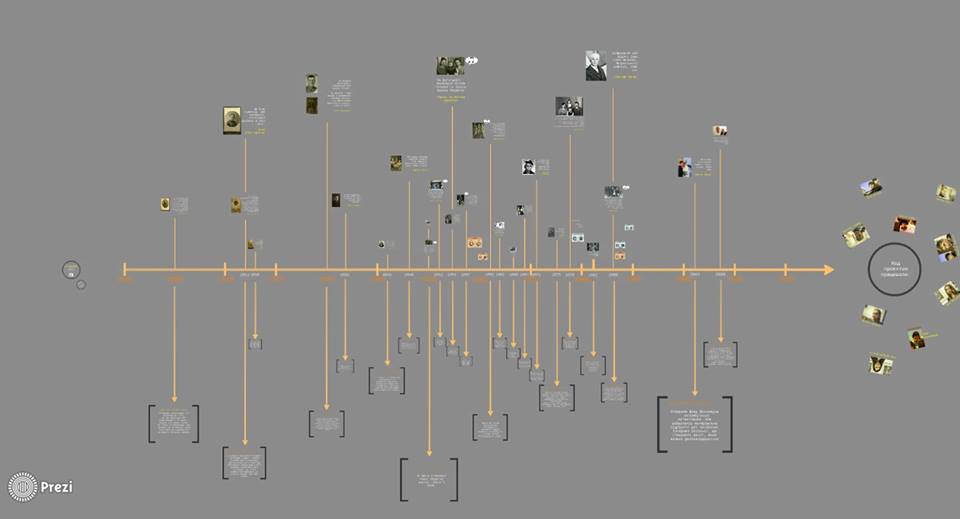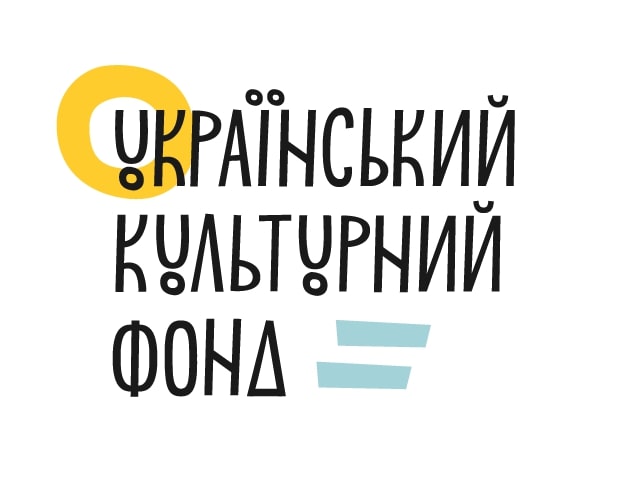The 20th Century City Through the Prism of Digital Age: Educational Platform to Work With Cultural Heritage
31.08.2019
We are happy to share with you a great piece of news about the start of the project supported by the Ukrainian Cultural Foundation.
In the 20th century history, Ukraine is mostly represented in terms of global political change and conflicts such as revolutions, wars, or social cataclysms. Big narratives on the past largely ignore the multitude of personal experiences and local dimensions of global events. We believe that discussion on the 20th century history shall also acquire a human dimension in public space. The best way to achieve it is to tell about the past from the perspective of microhistory focused on cities.
Today, teaching of history or museum business cannot be reduced to any limits and focus on theoretical knowledge pure. Educators, university lecturers, students, and pupils need to have the tools to apply the acquired knowledge in the format acceptable by the community. The format is digital.
To sustainably develop such space for a long-term, it is planned to design an educational platform where teachers and university lecturers could receive practical tips and materials to teach history and culture of the 20th century through the prism of local stories and micro-histories, through approaches to articulate new themes within the curricula, and techniques to develop practical skills to use digital tools.
Within the project, it is planned to implement three pilot blocks that include research work, collection and digitalization of materials, development of visual and textual narratives, as well as development of practical recommendations for their implementation into the learning process.
- Block "City and Everyday Life" intends to develop a model for inclusive narration on the multicultural city of the early 20th century as illustrated by Kyiv. Implementation of the block includes the design of the course on digital history, development and implementation of the interactive map on the history of Kyiv of the early 20th century. The course suggests combining the history of everyday life, digital history, and the ‘learning by doing’ method. It will consist of the theoretical part with review of success cases implemented in digital history at educational and cultural institutions in Europe and globally.
- Block "City and Personal Experiences of War" will offer to study the history of such global disasters as the Second World War in schools through local personal experiences. The block will include formats, approaches, and tools that help share the materials and topics elaborated by the Center for Urban History for schools and teachers, and in cooperation with them.
- Block "City and Art on the Edge" aims at developing a model to treat different art practices circulating in the western periphery of the Ukrainian SSR in the late 1980s. The block implies working with the hardly ever researched materials, conducting video trips with representatives of Lviv 1980s conceptualism to map their experiences and art practices within urban space, at digitalization and archiving of collections of artists, and drafting of critique texts. On the basis of the materials collected and the study conducted, virtual online walks will be developed.
The project plans to have focus groups, workshops, discussions, presentations of findings. Announcements will be posted on the website and on Facebook page of the Center for Urban History.
Project team:
Olena Betliy
a project coordinator, associate professor at the Department of History at National University of Kyiv Mohyla Academy, lecturer with 13 years of experience; director at the Center for Polish and European Studies at NaUKMA (2008-2013)
Taras Nazaruk
coordinator for the development of the educational platform, project manager at “Lviv Interactive”, experience in digital humanities, communication design
Bohdan Shumylovych
coordinator for the development of the block “City and Art on the Edge,” researcher, art historian, PhD candidate at the Institute of European University in Florence, expert in digitalization of cultural heritage
Khrystyna Boyko
coordinator of the block “City and Personal Experiences of War,” culturologist, educationist, coordinator of educational programs

